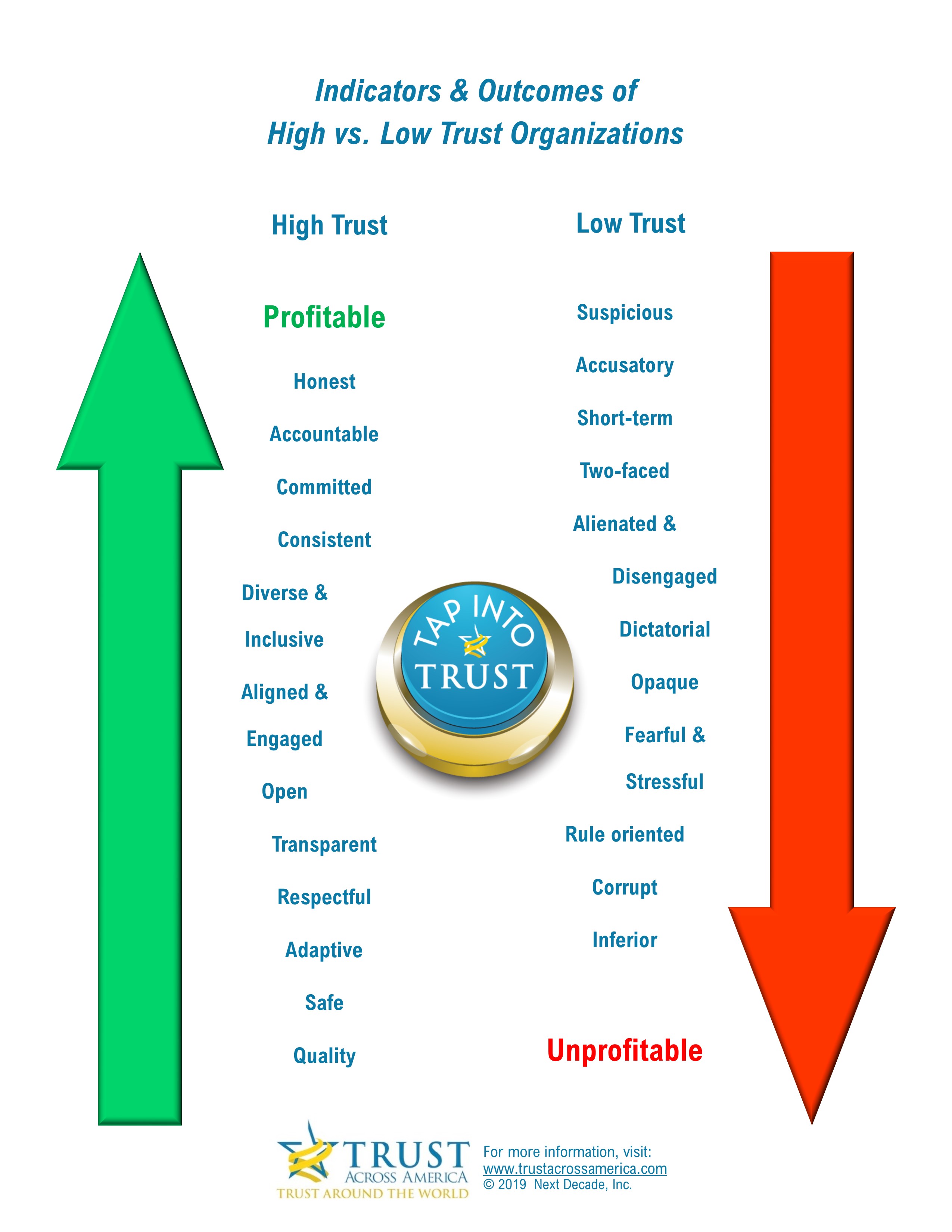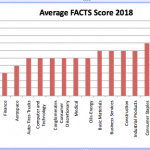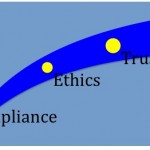A simple message for the C-Suite…
Rules, regulations and policies are not substitutes for trust, ethics or corporate responsibility.
I would like to pose one question to each of the following five CEOs whose organizations hijacked my time this week:
JP Morgan Chase and Jamie Dimon: Do you think your policy of cancelling a widow’s credit card within two weeks of the death of their spouse, and with no notice, is the “right thing” to do simply because they are not the “primary?” It hasn’t been too long since you lost your parents. What if it was your mother who had been embarrassed at CVS over an $8.00 purchase on her Chase credit card?
Comcast and Brian Roberts: If I must have a landline for Triple Play, might you have an ethical responsibility to find a way to stop the dozens of robocalls that plague me every day? Surely, the expense of doing so would be far less than the “intangible” customer loyalty that could be quickly built.
Wolverine and Blake Krueger: Do you want to build or bust trust with your customers? Your reps are demanding that I first buy a new pair of Sperrys online, cut the tongues out of my existing loafers, send you a picture, and then your company will reimburse me for YOUR shoes that fell apart 4 weeks after purchasing them. Why would I EVER buy another pair of shoes from you again?
State Farm and Michael Tipsord: When did you decide that cutting corners in hiring and training, (and probably hourly wages) in your claims department was “good” ethics, and do they get a bonus for making stuff up?
Blue Cross of NJ and Kevin Conlin (who recently replaced Robert Marino:) Do you care that your customers are miserable because you get so few things right? The most recent example being when you denied coverage because “another policy was in place” even though a termination letter was provided to you. A simple check of your internal records would have revealed that the “old” policy was also with YOUR company. Now the loyal customer has NO coverage due to your internal snafu.
Trust Across America-Trust Around the World and its Trust Alliance has recently published a set of universal Principles called TAP. One of the 12 principles is Purpose:
We engage our stakeholders to build shared purpose – we avoid short term “wins” that undermine future success.
You can read more about TAP in the latest issue of TRUST! Magazine.
After 10+ years of studying organizational trust, one thing is for certain. Trust and ethics are a “top-down” strategy. Without buy-in from the CEO, watch out below and “buyer beware.” The silver lining…not all companies (or their leaders) are created equal. Some have proactively embraced elevating stakeholder trust and ethics, and they are reaping the long-term rewards.
Who do you think will be the first of the five CEOs to publicly respond? Do you have any examples (good or bad) that you would like to add to this list?
Barbara Brooks Kimmel is the CEO and Cofounder of Trust Across America-Trust Around the World whose mission is to help organizations build trust. A former consultant to McKinsey and many Fortune 500 CEOs and their firms, Barbara also runs the world’s largest global Trust Alliance, and is the editor of the award winning TRUST INC. book series and TRUST! Magazine. In 2012 she was named one of “25 Women who are Changing the World” by Good Business International, and in 2017 she became a Fellow of the Governance & Accountability Institute. Barbara holds a BA in International Affairs and an MBA. For more information contact barbara@trustacrossamerica.com
Copyright (c) 2018, Next Decade, Inc.
Photo Attribution: Alpha Stock Images – alphastockimages.com/








Recent Comments